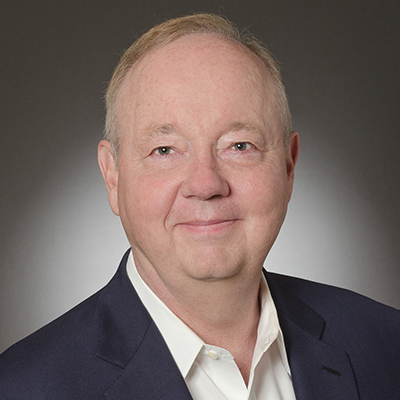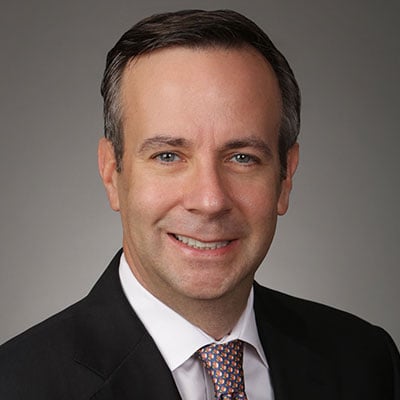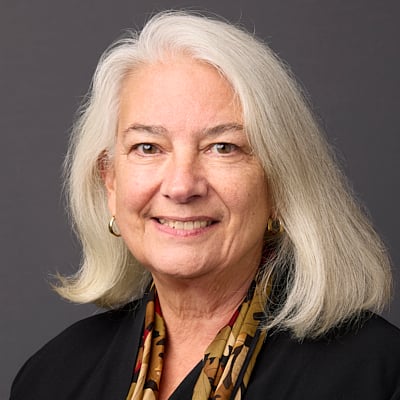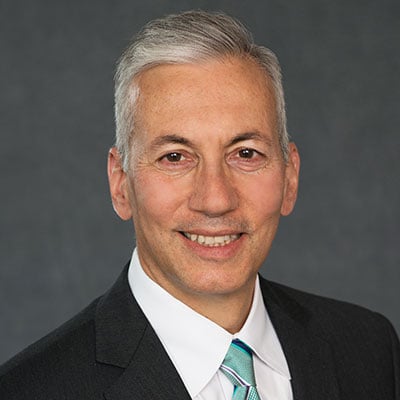Litigation Department of the Year: Finalist: Not Afraid to Litigate - or Negotiate
The 2009 criminal trial of W.R. Grace & Company was perhaps the biggest corporate roll of the litigation dice in the last two years. A loss for Grace would have been dire. The company and several Grace executives were essentially accused of covering up their complicity in the asbestos-related deaths of dozens of residents of Libby, Montana, where Grace once operated a vermiculite mine. A conviction could have meant prison for the executives and a crippling fine for the company.
The odds of an acquittal in Montana—where years of news stories about the tragedy in Libby had tarred Grace—seemed low. But with prosecutors refusing to budge on a plea deal, Grace and its executives had no choice but to go to trial. Kirkland & Ellis’s David Bernick and Laurence Urgenson coordinated the efforts of the enormous defense team, which included lawyers from Weil, Gotshal & Manges; O’Melveny & Myers; and Mayer Brown. “The issues,” says Bernick, who took the lead at trial, “were: How do you defend [Grace’s history in Libby] without minimizing the tragedy? And how do you get the jury to focus on the weaknesses of the government’s theories as opposed to just going with the flow?”
The defense answered those questions by acknowledging Grace’s long battle with regulators over the mining site—but arguing that prosecutors had improperly turned a political and regulatory fight into a criminal case. To prove that point, the defense team showed jurors that government lawyers had made deals with witnesses and hidden evidence from the defense. In the end, after the judge instructed jurors that the government had “violated its solemn obligation and duty,” it took the jury less than two days to acquit the company and its executives of all remaining charges.
Grace’s acquittal was, of course, crucial to the company’s survival. But equally important to the company was Bernick’s less-celebrated work in bankruptcy court in Delaware. For Grace to emerge from Chapter 11 without wiping out shareholders, it had to limit its liability to asbestos plaintiffs, who wanted as much as $7 billion. Grace claimed that it owed less than $1 billion. The bankruptcy judge held a novel two-month estimation hearing in Delaware, at which Kirkland presented a string of witnesses who cast doubt on the plaintiffs’ theories of the size and scope of Grace’s liability. After Kirkland’s case concluded, the two sides reached a settlement valued at $2.5–$3 billion—a figure low enough to preserve equity in the company for shareholders.
“Kirkland lawyers are not afraid to litigate,” says Grace general counsel Mark Shelnitz. “But they also understand that litigation can be a vehicle to achieve leverage for settlement.”
Achieving results based on clients’ needs—an approach cited by such clients as Teva Pharmaceutical Industries Limited, Siemens Corporation, and BP America, Inc., as well as Grace—marked Kirkland’s litigation record over the last two years. Sometimes that meant proceeding through trial. Two recent laterals from Shearman & Sterling, Chris Colbridge and Rajinder Bassi, for instance, represented the Egyptian billionaire Neguib Sawiris in a British chancery court dispute with a onetime adviser. The adviser sought billions of euros from Sawiris for his work on a telecom deal; the court ruled that he was only entitled to €75.1 million, the amount that Sawiris had previously offered as his fee.
But just as often, Kirkland achieved its clients’ objectives without going all the way through trial. In some instances, the firm was able to resolve cases quickly. For UBS AG, Kirkland litigation department head Jay Lefkowitz knocked out on summary judgment a potential billion-dollar class action involving the bank’s policy of sweeping uninvested cash from brokerage accounts into UBS money market funds. Other cases came closer to a verdict: Partners David Zott and John Amberg represented Tropicana Casinos and Resorts, Inc., in a bitter ten-week corporate governance battle with bondholders and creditors in federal bankruptcy court in Delaware. After one day of trial, the case settled (with Tropicana’s new officers and independent board members remaining in place), and the company was able to win approval of its reorganization plan.
One of Kirkland’s biggest cases of the last two years was tried—but only before mock juries—before settling in 2009. In the enormous and long-running initial public offering securities class action, in which plaintiffs claimed that underwriters of high-tech IPOs rigged the offerings for their own gain, Kirkland partner Andrew Clubok represented Morgan Stanley. With the plaintiffs at first demanding more than $10 billion, Morgan Stanley took a hard line through years of litigation and appeals over class certification. In 2008 the two sides held a full-scale mock trial before multiple test juries. The juries’ findings are secret, but Kirkland says they hardened Morgan Stanley’s resolve. In the end, the banks reached a global settlement of $585 million in April 2009, a fraction of the plaintiffs’ original demand.
In a relatively rare appearance on the plaintiff side of the aisle, Kirkland partner William Pratt orchestrated one of the biggest settlements of the last two years, representing Discover Financial Services in an antitrust case alleging that Visa Inc. and MasterCard Corporation colluded to limit Discover’s market share. The case was an organizational tour de force, involving the coordination of millions of pages of documents and hundreds of depositions. It was also a strategic challenge. The government’s investigation of Visa and MasterCard had already established that they used anticompetitive tactics with the banks that issue their cards—but Discover didn’t have many bank issuers. Nevertheless, as the October 2008 trial approached, Kirkland defeated most of Visa and MasterCard’s summary judgment motions. The night before the trial was to begin, Discover—which had claimed damages of $5.5 billion (before trebling)—agreed to the $2.75 billion settlement proposed by the mediator who had heard both sides’ cases in the summer of 2008.
As in the Grace estimation case, it wasn’t the blow-out victory Discover might have won if it had taken the case all the way through trial. But it was the result that Kirkland’s client needed.
And that, say Kirkland partners Pratt and Bernick, is what the firm trains its lawyers to focus on. “We sell relationships,” says Bernick. “Most people in business want to solve problems. We understand that litigation is a tool to solve problems.”
REPRINTED WITH PERMISSION FROM THE JANUARY 1, 2010 EDITION
OF THE AMERICAN LAWYER © 2010 ALM MEDIA INC. ALL RIGHTS RESERVED. FURTHER DUPLICATION WITHOUT PERMISSION IS PROHIBITED






